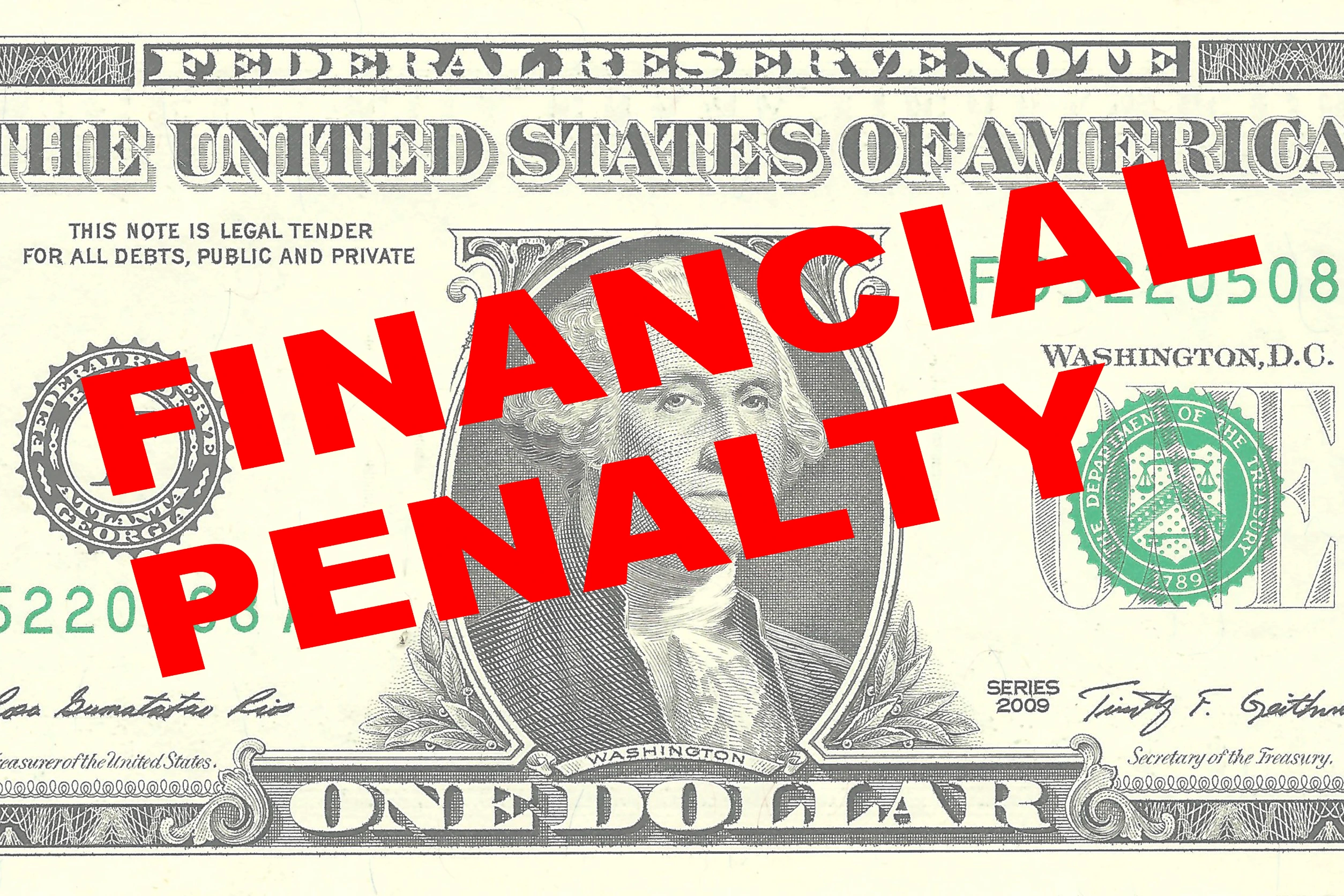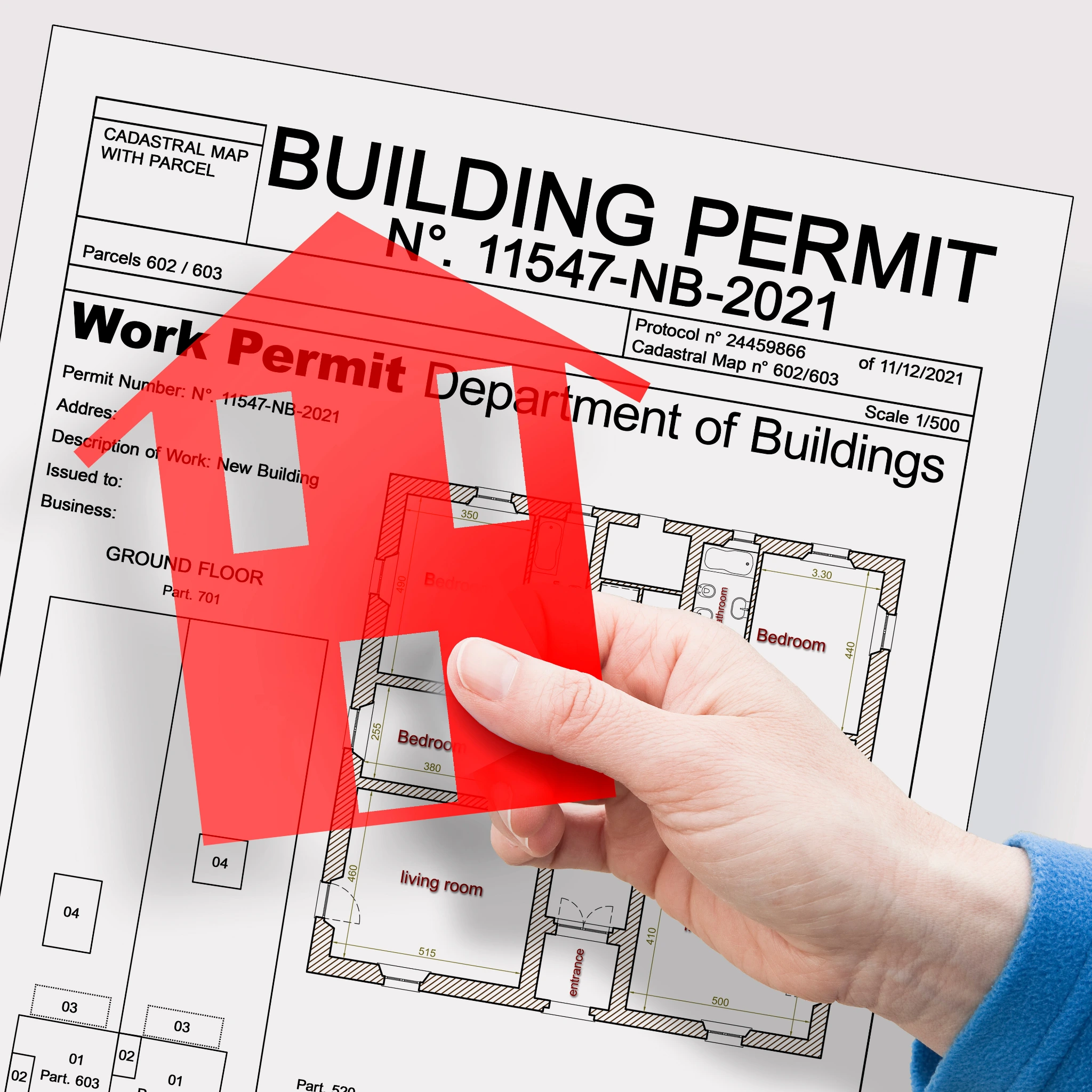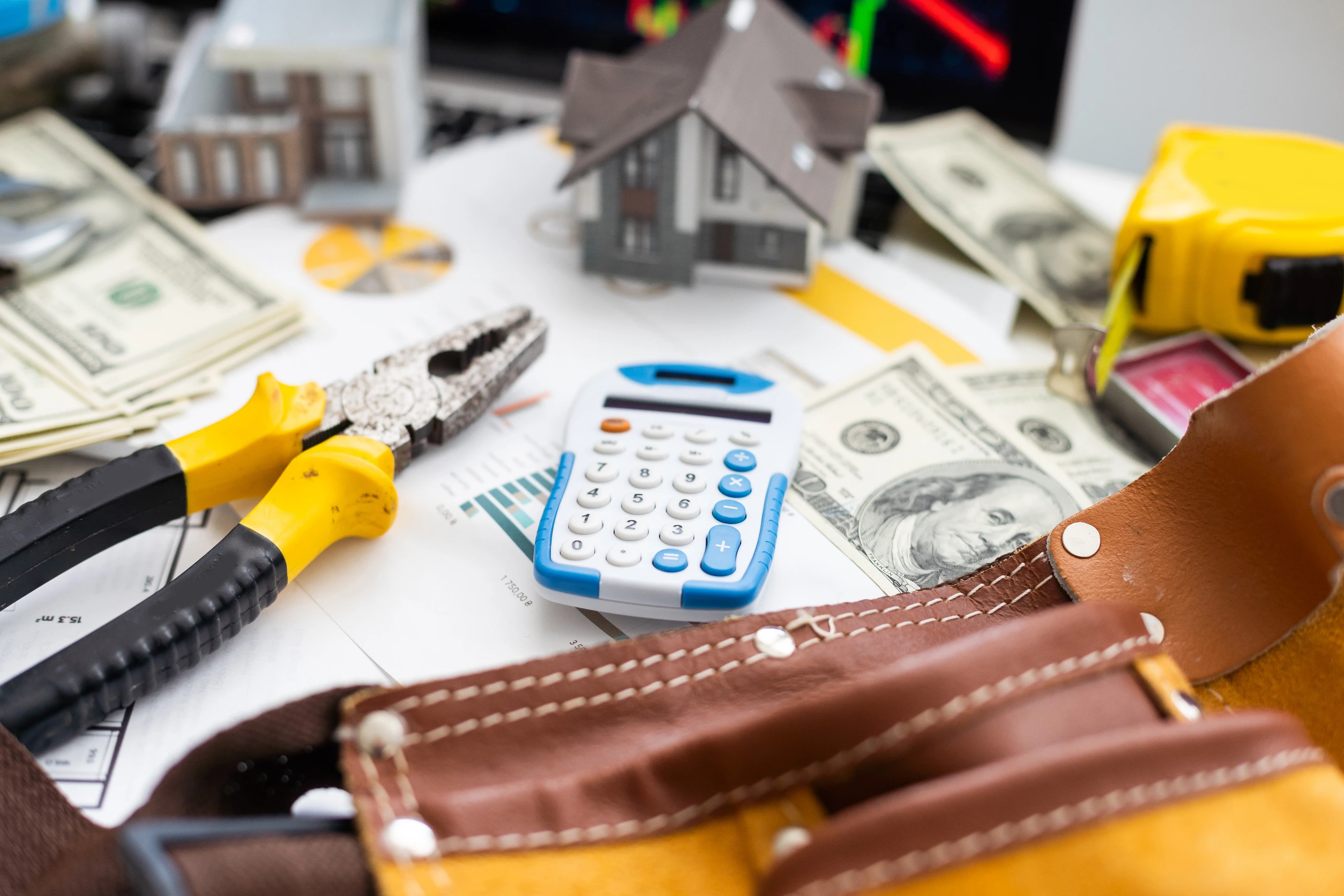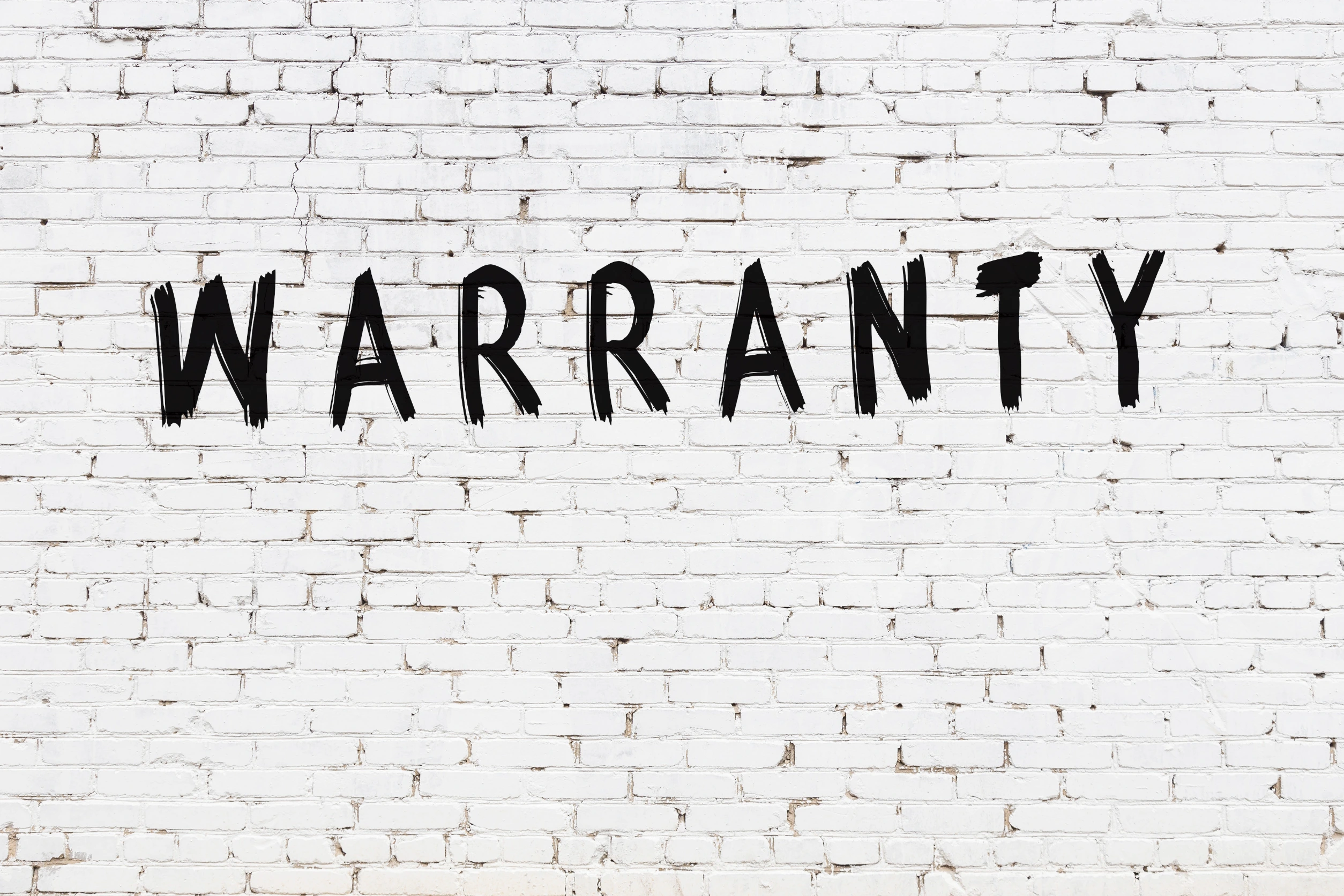Maintaining a vehicle is essential for ensuring its longevity, reliability, and safety. However, many car owners overlook the significance of budgeting for auto maintenance, assuming that their car will run without issues for as long as possible. In reality, unexpected breakdowns, repair costs, and the impact on overall financial health can make neglecting car maintenance a costly mistake. Properly budgeting for auto maintenance not only helps avoid costly repairs but also ensures that a vehicle remains a valuable asset, providing peace of mind to its owner.
Protecting Your Finances with Regular Maintenance
One of the most immediate and impactful reasons to budget for auto maintenance is to avoid financial strain caused by sudden and expensive repairs. Repair costs can quickly add up, and without a proper budget in place, you may find yourself facing unexpected financial hardship. In fact, creditors can garnish up to 25% of your paycheck after standard deductions if you’re unable to pay off debt, which can include overdue auto repair bills. By proactively budgeting for routine car maintenance, you’re essentially protecting yourself from the risk of accumulating costly, unmanageable debts. Regular maintenance, such as oil changes, brake checks, and tire rotations, is far less expensive than emergency repairs resulting from neglected issues.
Additionally, keeping up with scheduled maintenance can prevent minor problems from escalating into major repairs that might require a significant financial outlay. For example, failing to replace brake pads on time can lead to costly damage to other braking components, while ignoring a transmission fluid change can result in a complete transmission failure. With a clear maintenance budget, you can address small issues before they snowball into large, expensive ones.
Minimizing Unexpected Repair Costs
When you don’t budget for auto maintenance, you might be unprepared for the inevitable repair bills that will arise. Studies show that about $356 is spent annually on repair costs for the average vehicle. While this may not seem like a significant amount, these costs can add up over time, and without proper budgeting, you may find yourself in a financial bind when an unexpected repair is needed.
By setting aside money specifically for auto maintenance, you can cover the typical repair costs associated with vehicle ownership without derailing your financial plans. These routine repair costs may include fixing issues with the engine, exhaust system, or suspension. Additionally, budgeting for car maintenance can help you better prepare for unforeseen issues like a blown tire, faulty alternator, or other repairs that might arise without warning.
Importantly, creating a maintenance budget allows you to avoid having to use credit or take on loans to cover auto repairs. This can help you maintain a healthy financial outlook and prevent further debt accumulation. With a well-planned budget, you can pay for repairs in full without turning to high-interest credit cards or loans, which can increase your overall debt burden.
Enhancing the Long-Term Value of Your Car
Another reason why it’s critical to budget for auto maintenance is that it directly impacts the resale value of your vehicle. Many car buyers are willing to pay a premium for a used car that has been properly maintained. In fact, a used car with a documented service history is 23% more valuable than one without regular maintenance. Regular maintenance not only ensures that your car remains in good working condition but also provides a tangible record of care that can be used as proof to potential buyers.
For car owners who plan to sell their vehicle in the future, this can make a significant difference in the resale price. A well-maintained car that has been regularly serviced will attract more buyers and give you an opportunity to negotiate a better price. Moreover, keeping up with maintenance ensures that the car performs well during a test drive, which can be a critical factor in securing a sale.
Conclusion
Budgeting for auto maintenance is a smart financial move that can save you money, prevent debt, and preserve the value of your car. By setting aside funds for routine repairs and upkeep, you can avoid the stress of unexpected costs and ensure your vehicle remains in optimal condition. Whether you’re protecting your paycheck from creditors, minimizing unexpected repair costs, or enhancing the resale value of your car, proper maintenance budgeting is an essential part of responsible vehicle ownership. When you take care of your car, you’re not just extending its life – you’re also taking steps to protect your finances and your peace of mind.






















